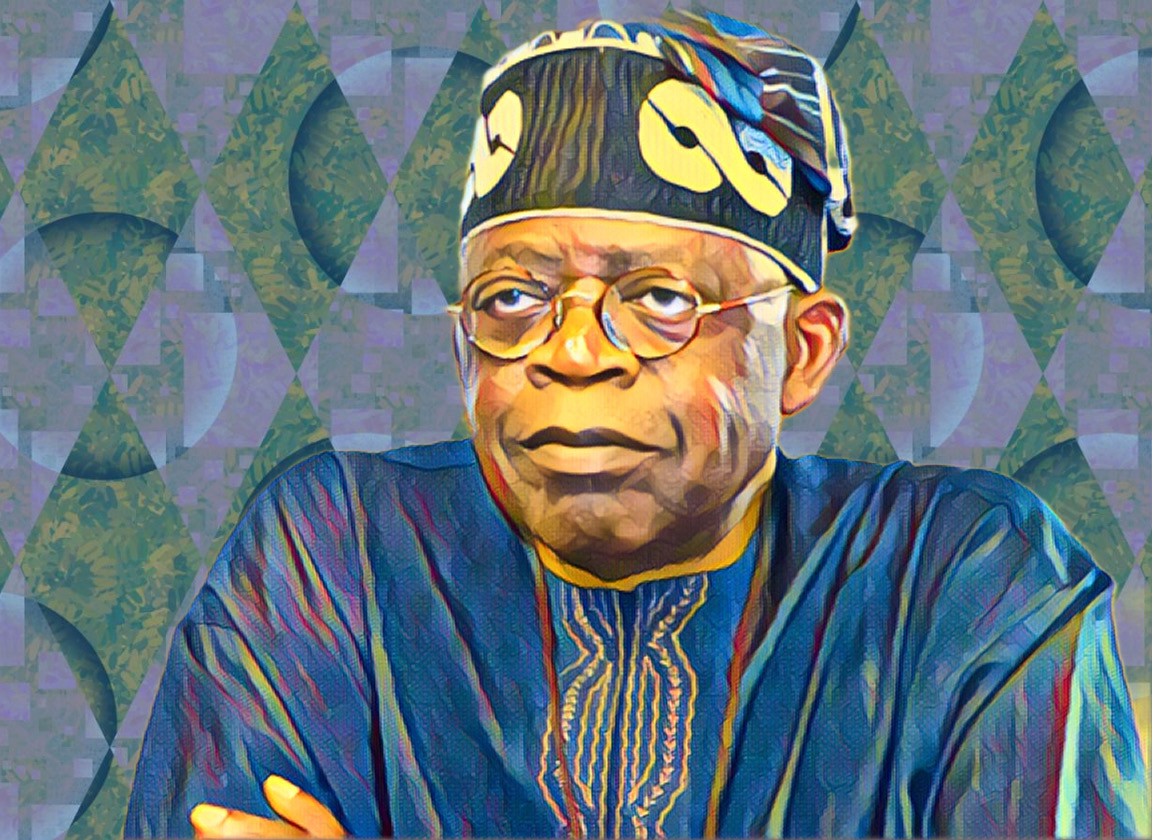Nigeria’s President Bola Tinubu will visit China in early September, marking a significant step in bolstering economic relations between Nigeria and China. The visit, set to take place in Beijing, is aimed at enhancing economic collaboration, attracting investment, and fortifying bilateral ties. This strategic move is expected to bring considerable benefits to both nations, especially in terms of infrastructure development and technology transfer.
During his visit, President Tinubu will conduct site visits to major Chinese corporations, including Huawei Technologies and the China Rail and Construction Corporation (CRCC). These visits aim to accelerate the completion of critical infrastructure projects in Nigeria, such as the Ibadan-Abuja segment of the Lagos-Kano rail project. The Lagos-Kano rail project is a key initiative under Tinubu’s administration, seeking to improve transportation networks and boost economic activities along this corridor.
Tinubu’s trip will also involve meetings with the CEOs of 10 leading Chinese corporations. These companies, which collectively manage assets exceeding $3 trillion, operate across various sectors, including information and communications technology (ICT), oil and gas refining, aluminum production, seaport construction, financial services, and satellite technology development. Engaging with these top executives is part of Tinubu’s broader strategy to attract substantial Chinese investments into Nigeria, aiming to drive economic growth and development across multiple sectors.
Strengthening Bilateral Ties Through Strategic Partnerships
Apart from focusing on economic gains, Tinubu’s visit will serve as an opportunity to strengthen Nigeria’s bilateral ties with China. The President is scheduled to hold talks with Chinese President Xi Jinping, where the two leaders are expected to sign several Memoranda of Understanding (MoUs). These agreements will focus on various strategic sectors, such as the green economy, agriculture, satellite technology, media enterprise development, blue economy initiatives, and national planning collaboration.
Ajuri Ngelale, Special Adviser to the President on Media and Publicity, highlighted the importance of these agreements during a briefing at the State House in Abuja. According to Ngelale, these MoUs are designed to bring immediate and future benefits to the Nigerian economy and people. By aligning Nigeria’s economic agenda with China’s vast industrial capabilities, Tinubu’s administration aims to create a more sustainable and diversified economic landscape in Nigeria.
In addition to economic matters, the discussions between Tinubu and Xi Jinping will cover broader issues of mutual interest, including security at national, regional, and international levels, and other global challenges. The engagement is expected to foster a more comprehensive partnership between Nigeria and China, addressing both economic and security concerns.
A Forward-Looking Approach to National Development
Tinubu’s upcoming visit to China underscores his administration’s commitment to fostering international partnerships that drive economic development and national progress. By focusing on infrastructure development, technology transfer, and economic collaboration, Tinubu aims to lay the groundwork for sustainable growth and prosperity in Nigeria.
The President’s agenda includes tapping into China’s expertise in high-speed rail development, ICT, and other critical sectors. These initiatives are expected to not only improve Nigeria’s infrastructure but also create jobs and stimulate economic activities in various regions of the country. Moreover, the focus on green economy and blue economy initiatives reflects Tinubu’s forward-looking approach to environmental sustainability and economic resilience.
As Nigeria continues to navigate the complexities of a globalized economy, strategic partnerships like the one with China will play a crucial role in shaping its future. Tinubu’s visit is poised to open new avenues for cooperation and mutual benefit, reinforcing Nigeria’s position as a key player on the global stage.
Source: Punch


